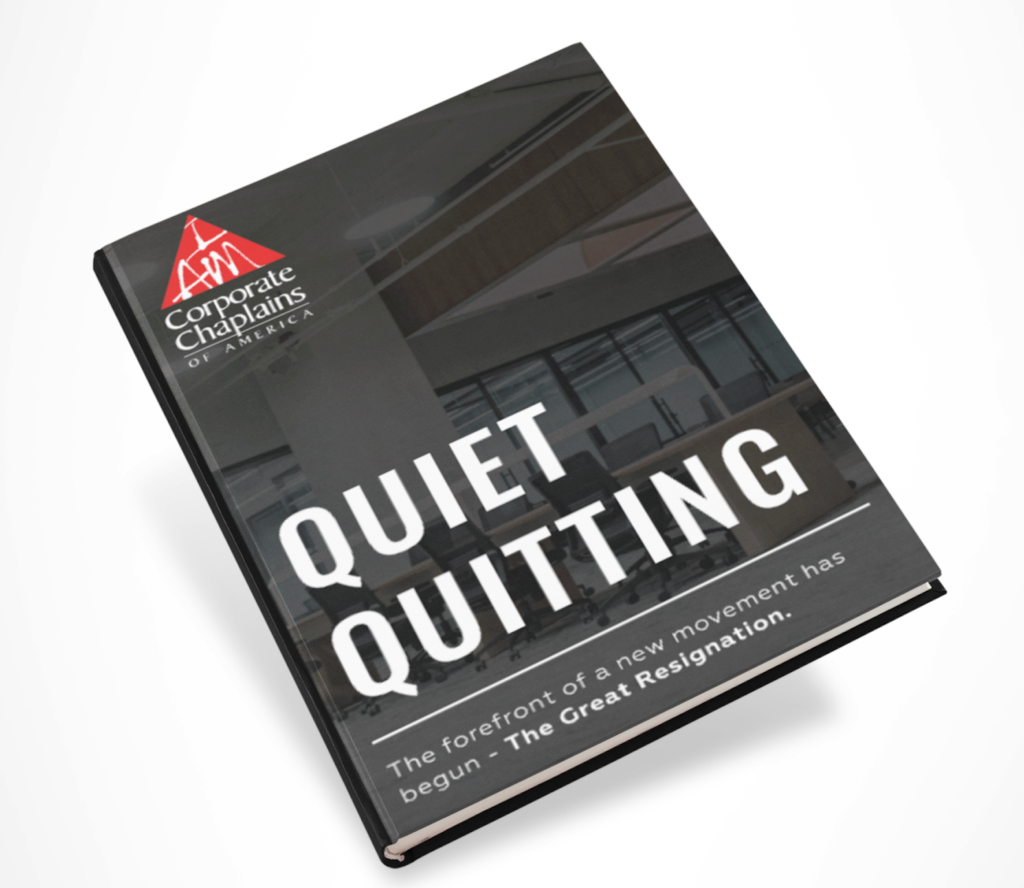Job Satisfaction Continues To Grow
Workload, performance reviews, work/life balance, recognition, and potential for growth are all some of the most important factors when it comes to job satisfaction for employees.
While job satisfaction continues to grow in a very tight labor market, the satisfaction level for these components is well below average. That being said, 53.7 percent of workers described themselves as satisfied overall, and they’re particularly content with their commute, their workmates, the work itself, the physical environment, and their perception of their job security according to research done by The Conference Board.
So if only half of workers are satisfied overall with their jobs, why should it matter to the CEO and employers? How does employee satisfaction directly affect the CEO and what can they do to improve it for all of their employees?
Benefits of Employee Satisfaction
Engaged employees are the heart and soul of modern business, but employee engagement isn’t about happiness.
An employee could be happy in their position and still be unproductive. Engaged and happy employees are 18% more productive and out-perform and out-produce non-engaged employees by 202%. All of this essentially boils down to less absenteeism and better customer service and loyalty.
Lower Turnover Rate
When an employee loves their job, they stay. It is cheaper to retain an employee than it is to hire new ones. It can cost up to 25 percent of an employee’s annual compensation to replace someone when they leave your organization, and this is not including the indirect cost of lost productivity while you look for a replacement or the lower-quality work from the new-comer while they are being trained.
Higher Productivity
CEO’s will see an increase in work and the quality of the work when an employee loves their job. They will also see employees step up and help others because they want to see everyone succeed in their position.
Increased Profits
Increased profitability is directly linked to higher productivity. When more work is being done and the quality of work is better, the company will see an increase in profit. Keeping employees safe and satisfied can lead to more sales, lower costs, and a stronger bottom line.
Less Absenteeism
When an employee is happy in their job, they enjoy showing up to work, which results in work getting done on time and deadlines being met.
Loyalty
If an employee feels like their needs are being met and the employer has their best interest at heart, they often support the company’s mission and support its objectives. Loyalty falls directly in line with lower turnover rate as well. Happier employees will stay with a company longer.
Keeping an employee happy should be HR’s #1 job. If you look at all the factors, it really doesn’t take much to keep an employee happy.
Employees want to feel respected and trusted while working in a safe environment with good pay and opportunities for growth and development. When your company develops ways to offer these important factors, it can satisfy employees, and help build a stronger, more stable future for your company.
Ways To Increase Employee Satisfaction
Think about all of the hardest things that have to be done as a CEO? Now think of increasing employee satisfaction as the easiest task out of all of them.
Happier employees ultimately make happier CEO’s and more successful companies in the long run, and the steps to get there are more simple than one would think.
Provide A Positive Work Environment
CEO’s and employers have to find what energizes their employees. They need to find what makes it worth the employee’s time to continue to show up to work every single day.
A motivating work environment requires going above and beyond the “call of duty” and providing the needs of the employee to keep them happy.
Reward and Recognition
Mark Twain once said, “I can live for two months on a good compliment.” Personal recognition can be a small, but powerful tool when it comes to building morale in the workplace. Something as small as a personal note or a pat on the back from a peer or supervisor can do wonders.
Let your employee know you see how hard they are working and how appreciative you are of the work they are doing. Small informal events are better than larger quarterly meetings.
Develop Workers Skills and Potential
Invest in your employees. When CEO’s provide the time and the resources for employees to further their training and education, they become more productive and innovative.
Well trained employees are more capable and willing to take more responsibility over their jobs and need less supervision. This eventually frees supervisors for other tasks.
Involve and Engage Your Employees
Your employees are showing up to work, but are they engaged and productive?
Employees tend to be more engaged when there is a process in place that allows them to contribute their ideas. When employees are able to contribute, it gives them a sense of pride and ownership in their work.
Reduce Micro-Managing
As a CEO, you have to trust your employees know their job and they know how to do it well. You hired them for a reason. Give them the space and the freedom to do their jobs, and they will follow with good quality work and high productivity.
Reduce Time Stress
Deadlines have shown to be a major stress factor in employees’ lives. From a CEO standpoint, try scheduling work projects out further in advance so employees have more time to work and less time to stress.
Remember, your employees have other projects to work on, and they need time to breathe.
Work/Life Balance
If there is one thing that will really make your employees happy, it’s having a work life balance. Let your employees leave their work at work and not have to worry about taking it home with them every night or on the weekends. Encourage your employees to use their time off and to take breaks. This means more energized and productive workers in the long run.
Evaluate and Measure Job Satisfaction
The primary purpose of evaluation is to measure progress and determine what needs improving. Continuous evaluation includes, but is not limited to, the measurement of attitudes, morale, and motivation of the workforce.
It is imperative for CEO’s to continually evaluate the satisfaction of their employees for the success of their business, but also for the happiness of their employees. When CEO’s create happy employees, they create an environment built for a productive and profitable future.
Why Corporate Chaplains Helps
At Corporate Chaplains of America, we understand that employees are your greatest asset. We’re available to give your employees the care and assistance they need above and beyond what an employer can provide. Providing your company with a Chaplain is an investment in your company’s culture and future, and most importantly your employee’s happiness.
Contact Corporate Chaplains of America today to learn more.




